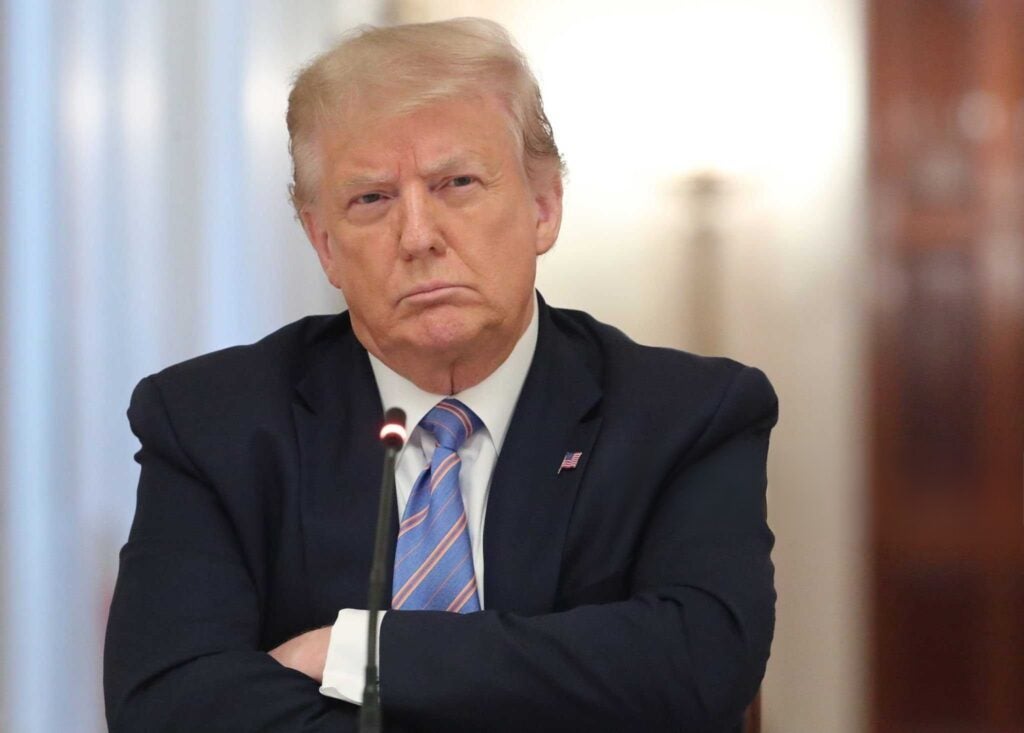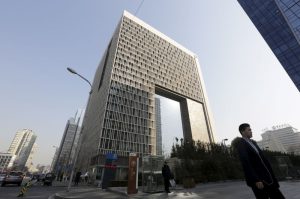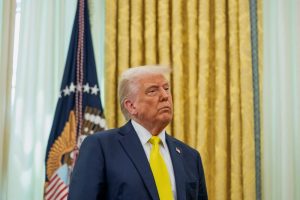
President Donald Trump imposed tariffs on the U.S.’s three largest trading partners — Canada, China, and Mexico — over the weekend. Economists have warned about potential negative impacts on American businesses and consumers. However, this economist argues that these tariffs could serve as a tool for transitioning the U.S. economy.
What Happened: Craig Shapiro, a macro strategist at the Bear Traps Report, outlined a bold hypothesis about the role of tariffs in reshaping America’s economic future in a recent X post.
His argument centers around the concept of transitioning the U.S. from a high-time preference society, which according to him is focused on short-term gains and immediate profit maximization—to a more sustainable, low-time preference model.
A high-time preference is when someone is more likely to choose immediate gratification over future benefits. This shift, according to Shapiro, is crucial for the health and long-term prosperity of the United States and to bring back manufacturing in the country.
According to him, tariffs are “a way to reduce wealth inequality from Wall Street to Main Street which is necessary to have a functioning society in the future.”
Shapiro argues that the current state of the U.S. economy and financial markets is unsustainable, driven by an obsession with short-term results. This focus, he suggests, has been exacerbated by the government’s continuous money printing and ballooning deficits, leading to an imbalance in the economy.
He warns that unless a major shift occurs, the country could face a “violent fourth turning,” a crisis that could permanently alter the fabric of American society.
Why It Matters: According to Shapiro, the key to averting such a crisis lies in the use of tariffs, particularly as a tool to address structural economic issues. He contends that the Trump administration by levying tariffs, in its second term can bring manufacturing jobs back to the country, reestablish a more balanced economy, and gradually address the wealth disparity that has come to define modern American society.
“They (tariffs) will begin to turn back the wealth inequality dial in favor of the 99% over the 1% and bring structural change that will eventually lead us to a better place.”
He also acknowledged that the process will be difficult and may disrupt markets in the short term, he believes it is vital for rebalancing the economy. He argues that asset prices, particularly in the stock market, need to fall to reduce inflation and address the unequal distribution of wealth. In doing so, the economic benefits would be spread more evenly across society, allowing for a healthier, more equitable system.
“The folks around Trump this time around—Bessent, Miran, Lutnick, Rubio, and others—seem to understand that this time has to be different,” Shapiro adds, referring to the president’s advisers and supporters in the second term. “And so it will be.”
Tariff Details: The newly introduced tariffs on a third of U.S. imports, plus a 10% levy on Chinese goods, begin Tuesday, potentially driving up prices from agriculture to automobiles. The U.S. Chamber of Commerce has warned of supply chain disruptions and higher family costs, citing concerns over trade with Mexico worth $46 billion in agricultural products, and Canada valued at $97 billion in energy supplied.
Price Action: The exchange-traded fund tracking the S&P 500 index, SPDR S&P 500 ETF Trust SPY closed 0.53% lower at $601.82 on Friday, whereas Invesco QQQ Trust, Series 1 QQQ tracking Nasdaq 100 declined 0.15% to $522.29.
Read Next:
Photo courtesy: Shutterstock
Market News and Data brought to you by Benzinga APIs
© 2025 Benzinga.com. Benzinga does not provide investment advice. All rights reserved.


